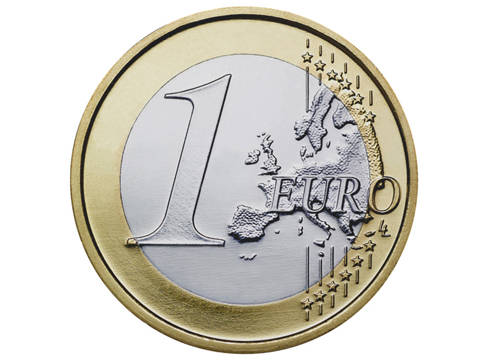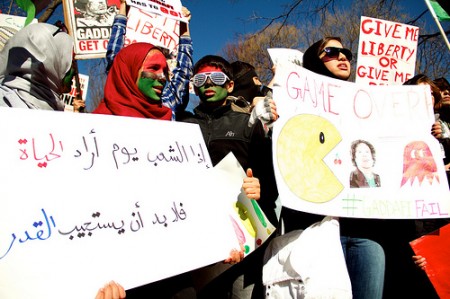
The ISN staff is happy to announce that our blog is changing and improving. Yes, we will continue doing what we do now, but we are going to do it in a more kaleidoscope and comprehensive way.

The ISN staff is happy to announce that our blog is changing and improving. Yes, we will continue doing what we do now, but we are going to do it in a more kaleidoscope and comprehensive way.

At the end of each year our partners at the Fundación para las Relaciones y el Diàlogo Exterior (FRIDE) reflect on the challenges that are likely to shape the European Union’s (EU) foreign policy agenda over the next twelve months. As the most recent bailout package for the floundering Greek economy demonstrates, the unifying thread of these challenges is that of geo-economics.
In Challenges for European Foreign Policy in 2012: What Kind of Geo-Economic Europe? FRIDE argues that the ongoing Euro crisis – coupled with shifts in global power that our Editorial Plan continues to analyze – has heralded the return of a more assertive focus on immediate economic interests. Accordingly, geo-economics is defined by FRIDE as 1) the use of statecraft for economic ends; 2) a focus on relative gain and economic power; 3) a concern with gaining control of resources; 4) the enmeshing of state and business sectors; 5) the primacy of economic over other forms of security.
The ISN is currently on its Christmas vacation. For the week commencing the 26th December we will be publishing an assortment of ISN Insights and partner content. The ISN’s Editorial Plan will return on the week commencing the 2nd January, when will consider “The State in a Globalizing World.”
Until then, the ISN wishes you a very merry Christmas and a happy New Year.

Young men and women have formed the core of the recent uprisings across the Arab world. Yet media outlets have often generalized coverage of the Arab spring and overlooked individual contributions. So the Federal Department of Foreign Affairs’ (FDFA) decision to invite six activists to its Annual Conference was an opportunity to hear the hopes and fears of the region’s youth. Their message was a mixture of genuine ambition, cautious optimism and concern for the future.
Despite recent clashes between Coptic Christians and the security forces of the interim military government, Egyptian youth remains confident that the ‘Tahrir spirit’ is alive and kicking. Confidence also remains high that genuine democratic change will happen and that upcoming elections will be free and fair. The Egyptian representative, Sondos Asem, also emphasized that relations between Muslims and Copts are generally good. While Islamists continue to grow as a significant political force, it is by no means guaranteed that they will eventually hold the reins of power. As a result, the Conference was told ‘not to fear the Arab spring’.
Libya’s Loay al-Magri offered a more substantive vision of the aspirations of the country’s youth. Demands have been made for the swift establishment of the rule of law with no ethnic distinctions. This should be accompanied by social and economic policies that review Libya’s education system, encourage vocational training, redevelop the commercial sector and revitalize the jobs market. It is also hoped that a full and frank exchange of ideas across Libyan society will result in similarly proactive foreign policies. It remains to be seen whether the recent death of Muammar Gaddafi will accelerate or temporarily derail these ambitions.